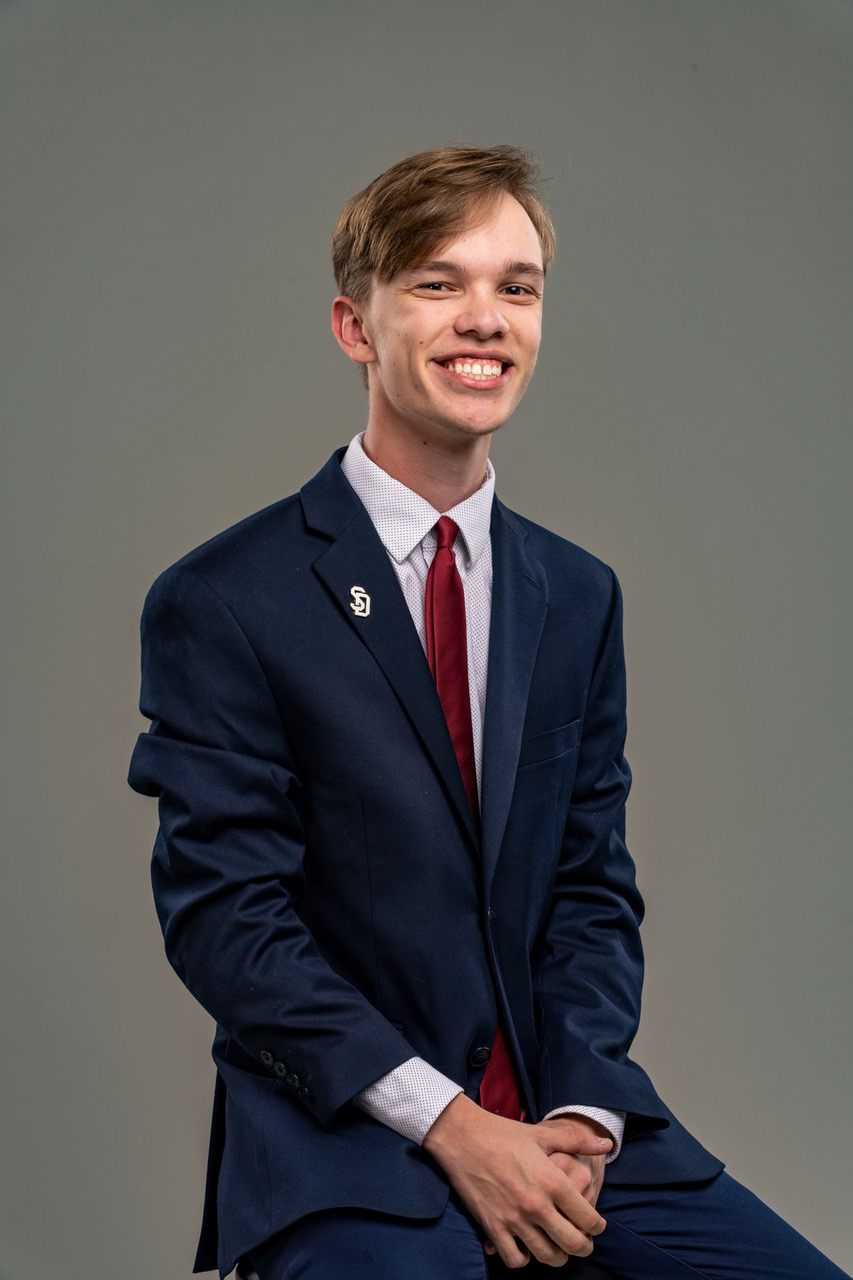
The case for democracy in South Dakota
Even as legislative efforts to curb voter accessibility are implemented by state legislatures throughout the nation, a passion for community service and civic engagement continues to thrive in South Dakota.
I was raised here in South Dakota for as long as I can remember. As a kid, I would beg my parents on my hands and knees to take me to the Children’s Museum in Brookings, just over an hour drive from my home on the west side of Sioux Falls.
The Children’s Museum was built as a miniature community. Inside, there were jobs that worked throughout the building and were all intertwined. Children playing as farmers would deliver food from a make-believe farm to the make-believe grocery store. Children in the make-believe grocery store would sell goods to make-believe customers using make-believe money earned from their make-believe jobs.
Even as kids, we want to feel like we’re a part of something bigger; that we have an impact on the world around us and on our communities. Cultures like the one shown by the Children’s Museum are exemplary of a core piece of democracy: a desire to better your community.
Once, when I went, a few children that I made friends with decided to hold pseudo-elections for mayor of the Brookings Children’s Museum. We saw democracy in action throughout the museum, with children campaigning to one another as to why their candidate was the one to pick. In essence, this little society became my first experience with the idea of public service—and I was hooked. This bite-sized example of democracy in action is exemplary of everything that South Dakota stands for, and it’s part of the reason why I kept begging my dad to take me back.
I eventually grew out of the unspoken age limit for children’s museums. I’m now a junior political science student at the University of South Dakota serving as the president of the Young Democrats of South Dakota State Executive Committee. Because of my role, I had the opportunity to fly out to Cincinnati to represent the Young Dems of South Dakota at the YDA National Convention. While there, I met progressives from throughout the country, and had the chance to hold a conversation with a New Yorker about the dire need for a true investment in rural America.
He was of the belief that South Dakota was a lost cause, and that the people who lived here were as ruby-red Republican as it gets. And sure, if you look solely at the voter registration counts for the Democrats and Republicans in South Dakota, that may look like the case.
However, he forgot about a few core parts of who we are in the great plains. Regardless of what color you’re hoping to see fill the U.S. map on election night, progressive values run deep in our culture. We’re proud supporters of democracy, having the honor of being the first state to allow for ballot initiatives.
Not only was South Dakota the first state to establish ballot initiatives, but it consistently shows a progressive voice through them when our legislature does not. In just the last decade, South Dakota has approved ballot initiatives in regards to term limits, tax reform and gaming.
Democracy is not dead in South Dakota, regardless of what a scrappy individual from the big apple wants to say about us. I see that in everything I do, both as a student at USD and in my service as president of the Young Dems. However, although direct democracy once flourished here in the Great Plains, we see it struggle today at the hands of the very people we’ve elected.
As I write this, South Dakota Constitutional Amendment C has been placed on the June 2022 election ballot. This initiative, if approved at the ballot box, would increase the vote requirement for approval on initiatives that increase taxes or deal with more than 10 million dollars from a simple majority (50% + 1) to a requirement of 60% instead. Essentially, some of the legislators up in the ivory dome of the South Dakota Capitol building in Pierre don’t think that South Dakotans should be allowed to use their votes as easily on initiatives like Medicaid expansion, marijuana legalization and anything more that may come up in the future.
I say to them: The people of South Dakota are smart enough to know what we want, and a dollar amount doesn’t confuse that. Democracy and progress have never stopped in South Dakota before, and they won’t be stopped now. I call on you, the readers, to fight threats to democracy, now and later, as they may arise in states across America and right here at home in South Dakota.
